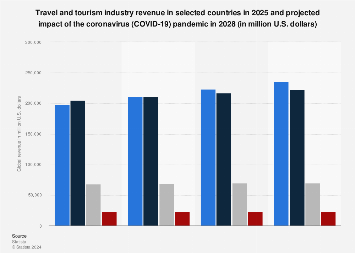Reflection Should Form Part of Every Manager’s Schedule
Reflection Should Form Part of Every Manager’s Schedule
 “One of the great challenges for the knowledge worker of the future is finding the time to think – in a world that is screaming at you to act.”
“One of the great challenges for the knowledge worker of the future is finding the time to think – in a world that is screaming at you to act.”
Marshall Goldsmith
I am a great advocate for taking time-off to stop and take stock, especially during busy times. The world is changing at the speed of light and digital technology has made it easier to “be productive” 24 hours a day. Amongst all this activity, it is important to stop to make sure our choices are being made because they are the most appropriate ones, not just out of inertia or habit.
Reflection is a necessary step in the design of formal learning interventions, but the fact that it is often overlooked in a leader’s day-to-day practice means that we are missing out on the opportunity to learn on the job. Here is my humble manifesto on the need to reflect.
However rewarding it can be to lead a team, there will always be one difficulty: what worked yesterday might not work today, or ever again.
If one of the definitions of leadership is “to achieve a common goal by enlisting other people” you can immediately see how you need to continuously revisit your practice, as people change.
Your team members will be affected by changes in your organisation, in your industry and the world around them. Their aspirations might change, their personal lives might change, even their relationship with you can change.
That is why those in leadership and management positions (and those aspiring to them) need to revisit their practice continuously. The easiest way to do this, is by taking time to reflect.
Reflection should form part of every leader’s schedule.
Especially during busy times, we have to find time to stop, reflect and make sure we are operating at our best.
This is why taking time off to train is so satisfying: because you can focus on your own development unapologetically. But, while learning doesn’t need to be formalised, it might help if we formalise the time to reflect. Furthermore, if we can spread this to our team members and create a culture of reflecting together, then you can kill both individual and team development birds with one stone. (But that is a thought for another article.)
So, here are some suggestions on how to formalise your time to reflect.
Block time off.
Mark a one-hour slot every fortnight in your diary and the office diary. Give it a formal sounding name like “Strategy Review” or “Professional Development”.
Leave your desk space.
If possible, use a meeting room, change your surroundings. If you can, have a coffee outside your building. A change of surroundings can do wonders for your creativity.
Define your communications policy during your time off.
Can you be unavailable to everyone during that time? Can you turn your phone off? Can you delegate your phone calls during that time to someone in your team? This time off is important: treat it as such.
And once you have formalised your time to reflect:
Dig out your notes from your last training course and see where you are at now.
Meet up with a colleague or peer to have a “how’s it going” chat.
Think over the last two weeks: what did you wish you had done differently and what achievements are you proud of? How can you learn from your mistakes and build on your successes?
Think of whether there is anything you would like to do differently but you don’t quite know how. What can you do to fill that skills/knowledge gap?
Make reflection a habit and you will always have the time for it. It’s a simple way of taking charge of your own professional development.


